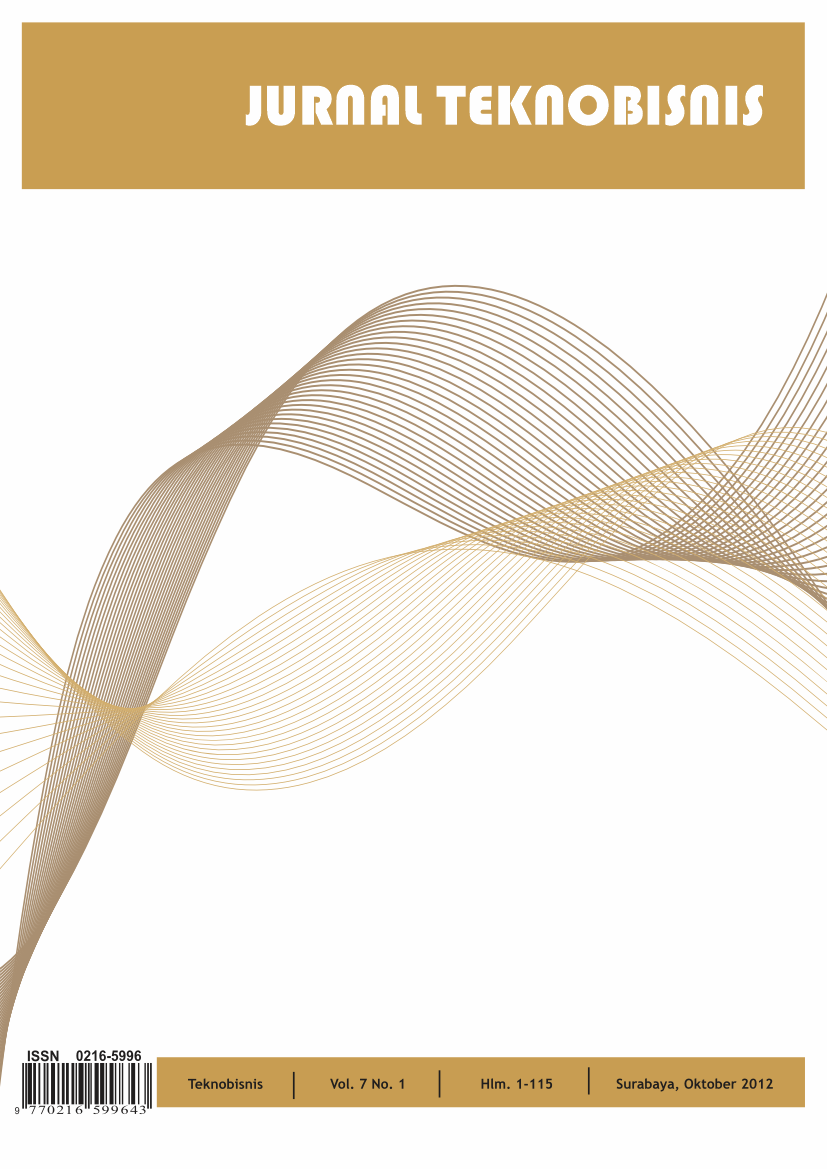Stakeholder Analysis and RFID Implementation Model for Vehicles Using Design Thinking
DOI:
https://doi.org/10.12962/j24609463.v8i2.1406Keywords:
Technology, Vehicles, Radio Frequency Identification (RFID), Design ThinkingAbstract
In Indonesia, the number of motor vehicles in 2022 reached 152,001,696 units. However, the use of technology to monitor the condition of motor vehicles is not very popular yet. Some chips installed on vehicles only serve as monitors. Therefore, researchers are interested in analyzing RFID in motor vehicles when applied in Indonesia. Through this research, the researchers hope to identify the needs of the Indonesian population regarding the use of RFID chips in motor vehicles. The approach will involve interviewing individuals or parties with interests related to the utilization of RFID in motor vehicles. Additionally, the researchers aim to develop an RFID implementation model that can be used in Indonesia in the future. The methodology for this study is qualitative, employing the design thinking approach. Design thinking was chosen due to its four elements (people-centered, highly creative, hands-on, and iterative) that are user-oriented and promote innovation. It is hoped that through this research, stakeholders involved in RFID development can collaborate and integrate for the development and utilization of RFID in Indonesia.
Downloads
Downloads
Published
Issue
Section
License
Copyright (c) 2024 Gledis Emanuela, Agus Windharto

This work is licensed under a Creative Commons Attribution-ShareAlike 4.0 International License.
Copyright Transfer







